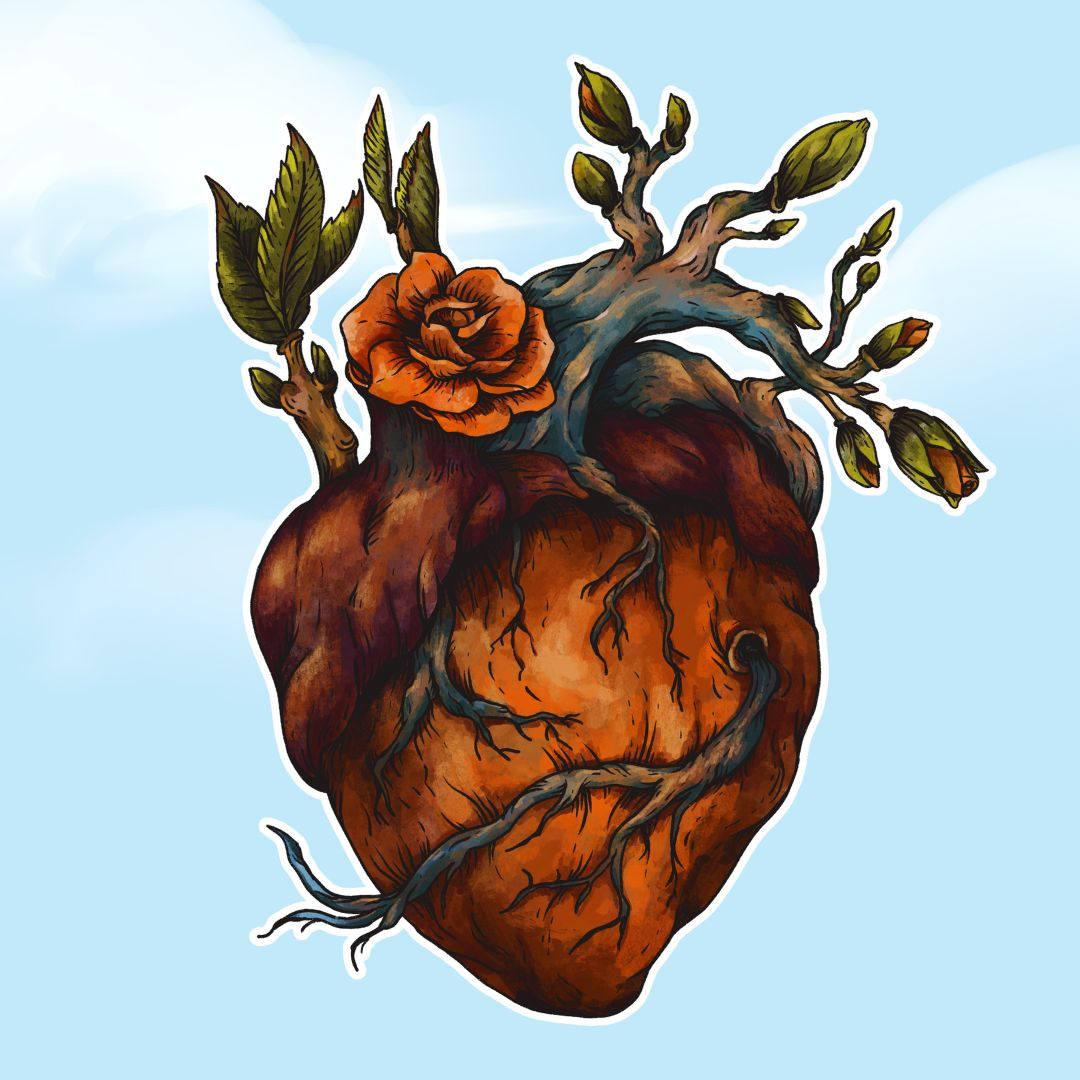That untouchable, un-sharable part of ourselves
My big takeaway after transcribing the big, fat 119th Psalm
Well, I did it, folks. I made my way through the Bible’s longest Psalm, transcribing it verse by verse in the early morning hours in my (often) illegible scrawl.
As I’ve shared learnings from Psalm 119 sporadically here on Things I Wrote Down, I’ve enjoyed the notes and conversation I’ve had with many of you about these ancient words. Thanks for coming …



